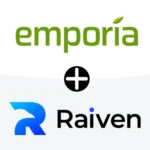
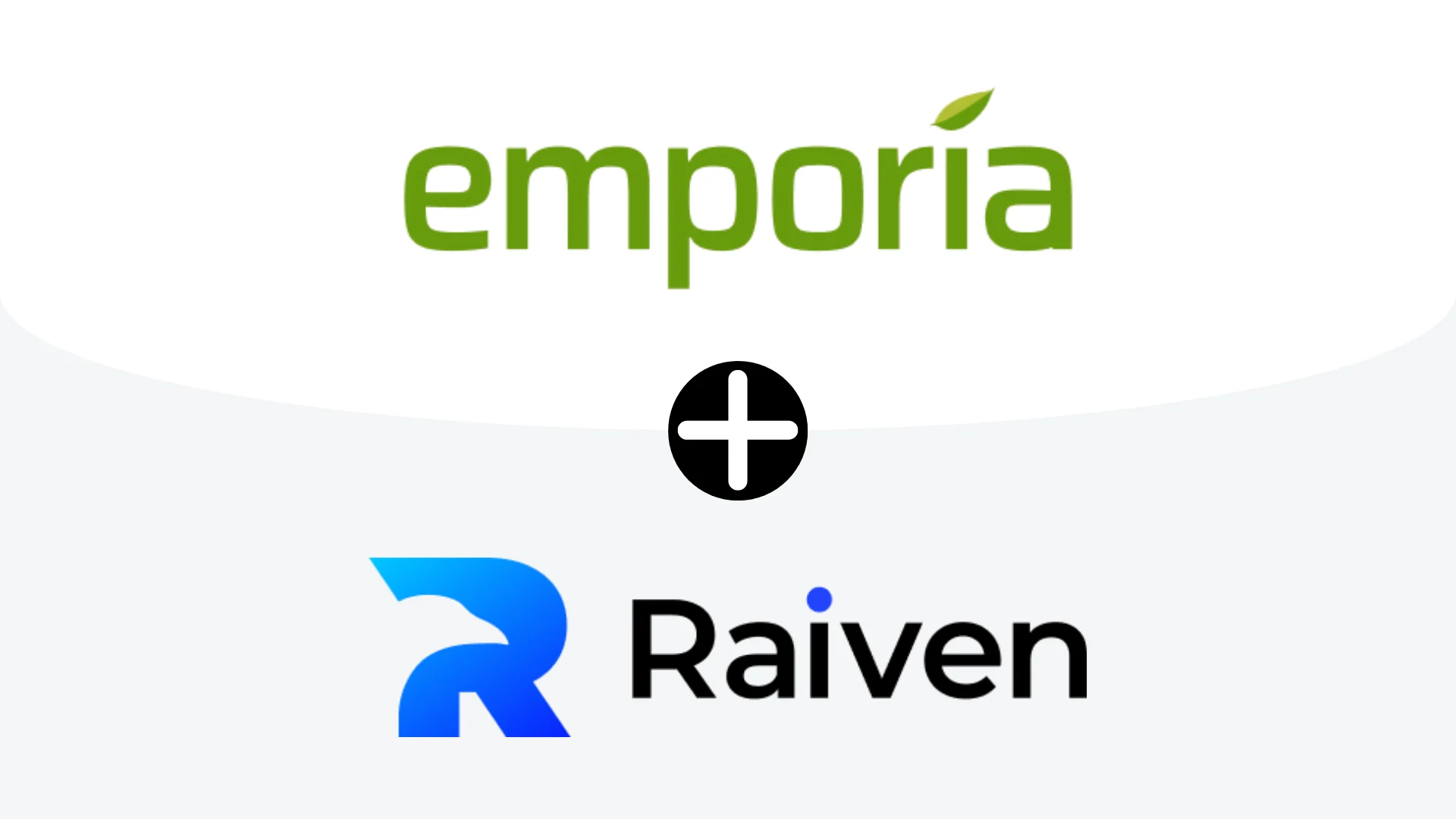
Raiven has expanded its partnership with Emporia Energy to become the exclusive contractor distribution channel for Emporia’s new Home Battery. This collaboration gives Raiven’s 2,500+ contractors early access to a leading-edge energy storage solution, boosting home energy resilience and efficiency.
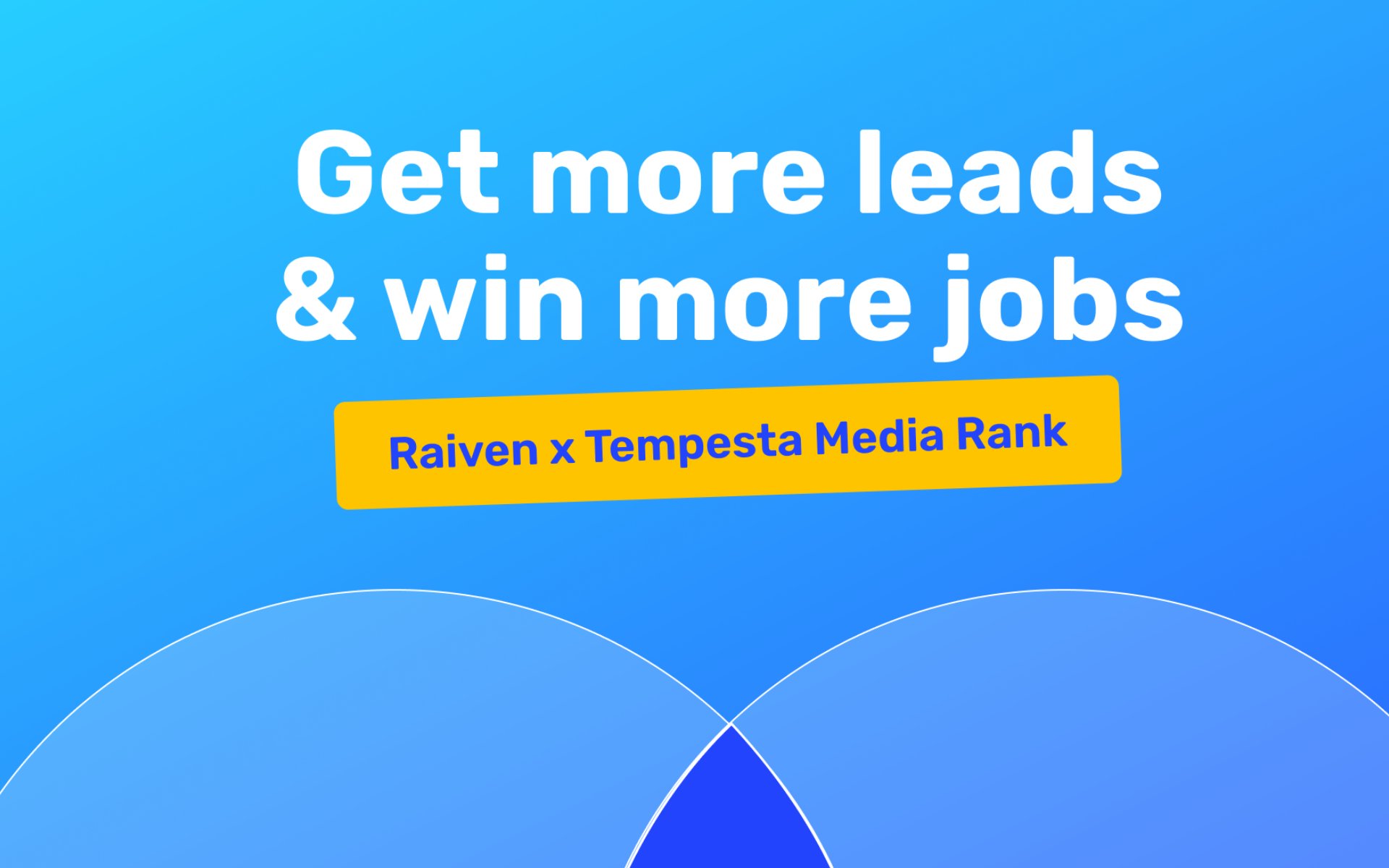
Discover how Raiven and Tempesta Media’s groundbreaking partnership delivers advanced savings and high-quality lead generation solutions, empowering contractors to grow profitably.
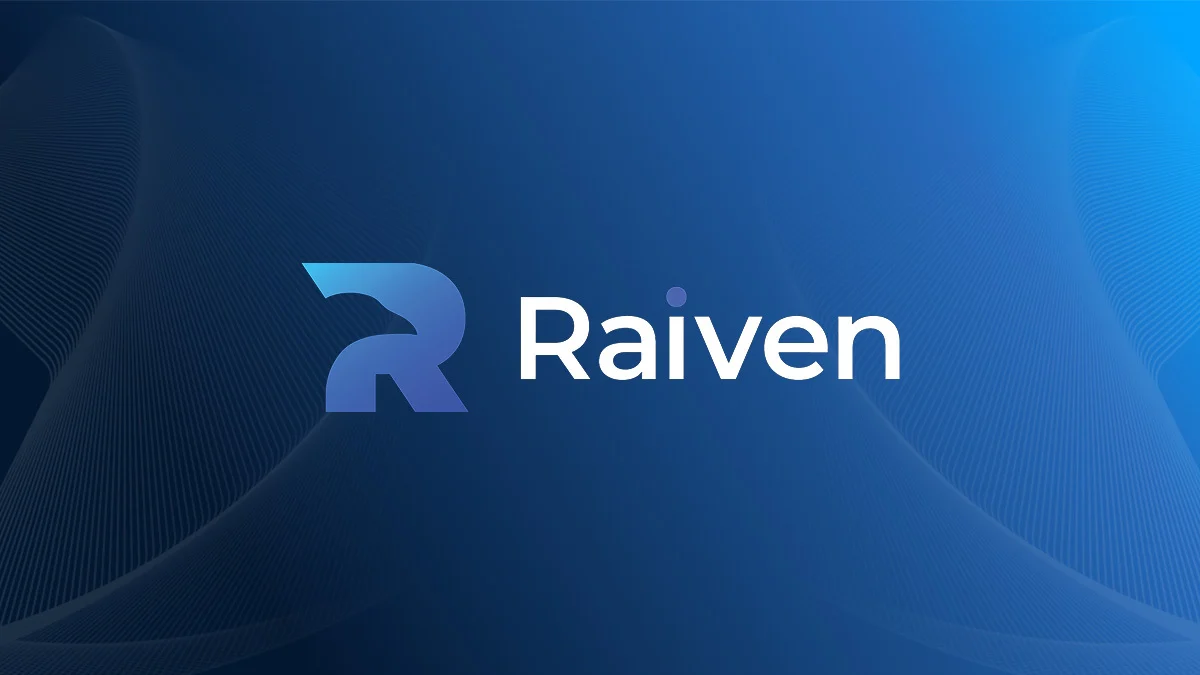
Irvine, CA, October 24, 2024 – Raiven, a leading digital supply chain network for the building trades, announced the appointment of Manoj Puthenveetil as Chief Executive Officer. With over 20 years of experience in Fortune 500 companies and as one of Raiven’s founders, Manoj is ideally suited to lead the company’s next growth phase. The […]

Irvine, CA – [September 21, 2024] – Raiven, a leading procurement platform for contractors and facility managers, is excited to welcome Fluke tools to its marketplace. Among the additions is the innovative Fluke FEV150 Electric Vehicle Charging Station Analyzer, which allows contractors to test EV chargers without a physical vehicle, improving efficiency and safety. This partnership expands Raiven’s offerings with Fluke’s trusted, high-performance diagnostic tools. Raiven members can now access Fluke products through a streamlined purchasing process with competitive pricing.

[June 12, 2024] – Raiven is excited to announce the addition of Schumacher Electric to its procurement platform, enhancing access to top-quality electrical equipment for contractors. With 75 years of expertise, Schumacher Electric specializes in battery chargers, EV chargers, and portable power solutions, aligning perfectly with Raiven’s mission to simplify and streamline purchasing for electrification projects. Contractors can now easily browse and buy Schumacher’s products through Raiven, saving time and improving project efficiency. This partnership strengthens Raiven’s position as the go-to platform for reliable electrical and electrification supplies.
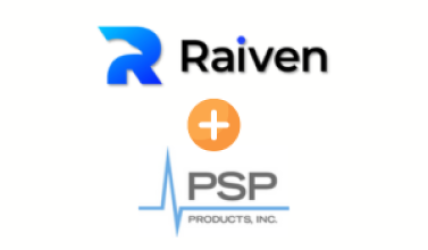
[April 23, 2024] – Raiven, a leading procurement platform for contractors in the mechanical, electrical, and plumbing (MEP) industries, is proud to announce the addition of PSP Products to its network of premier suppliers. PSP Products brings innovative surge protection and load management solutions that help contractors and building owners optimize electrical capacity without costly panel upgrades. This partnership gives Raiven’s 3,000+ contractors access to PSP’s reliable power solutions at pre-negotiated discounts, enhancing project efficiency and cost savings.

[Irvine, CA, February 14, 2024] – Raiven, a leading purchasing and supply chain management platform, is proud to welcome United Rentals, the world’s largest equipment rental company, to its growing network of premier suppliers. This partnership gives Raiven users streamlined access to United Rentals’ vast fleet of construction, industrial, and general equipment through Raiven’s intuitive procurement platform. By integrating United Rentals into its marketplace, Raiven continues to simplify sourcing while delivering efficiency and cost savings for contractors and facility managers.
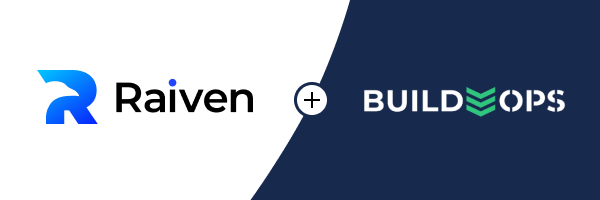
[January 29, 2024] – Raiven, a leading group purchasing and procurement software platform, has partnered with BuildOps, a top provider of sales, field service, and project management software for commercial contractors. This collaboration combines Raiven’s deep supplier discounts and streamlined purchasing tools with BuildOps’ powerful all-in-one management platform, giving contractors a major edge in cost savings and efficiency. Together, they aim to help contractors tackle rising costs, supply chain challenges, and labor shortages with smarter tech and purchasing strategies.

[Irvine, CA – December 15, 2023] – Raiven is proud to welcome Camfil, a global leader in air filtration, to its supplier network, giving contractors and facility managers streamlined access to top-tier clean air solutions. This partnership combines Camfil’s expertise in indoor air quality with Raiven’s advanced procurement platform to make sourcing filtration products faster, easier, and more cost-effective. As demand for healthier indoor environments grows, Raiven users can now access Camfil’s full range of air filters and purification solutions all in one place.

[Irvine, CA – August 8, 2023] – Raiven is excited to welcome alpscontrols.com, a leading online HVAC distributor, to its growing marketplace. With over 25 years of experience and more than 100 million unique parts from 170+ top manufacturers, alpscontrols is a trusted source for HVAC professionals across the Americas. This partnership gives Raiven members access to exclusive discounts on alpscontrols’ extensive catalog, making it easier to source high-quality parts at competitive prices. Together, Raiven and alpscontrols are helping contractors purchase smarter, faster, and more efficiently.